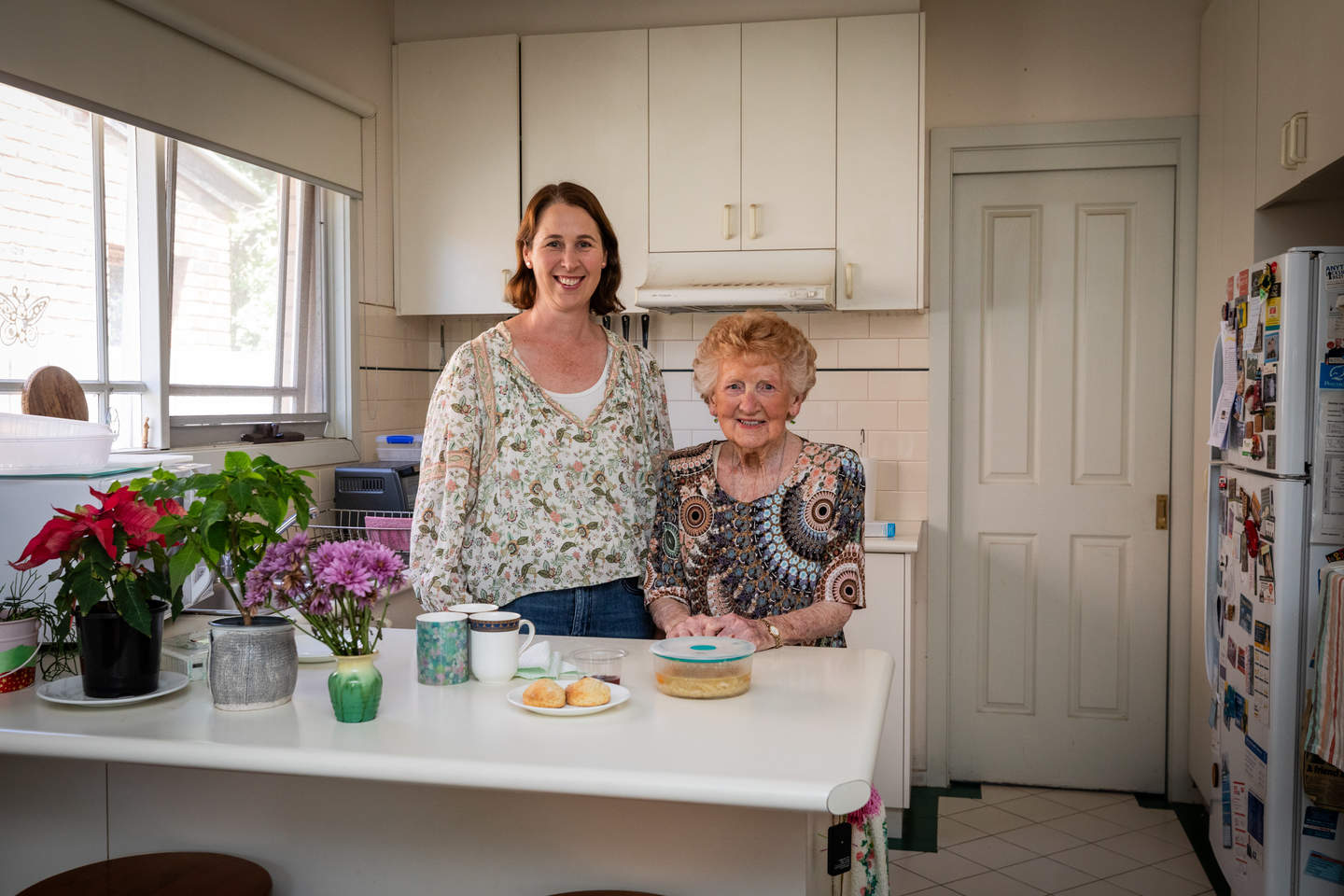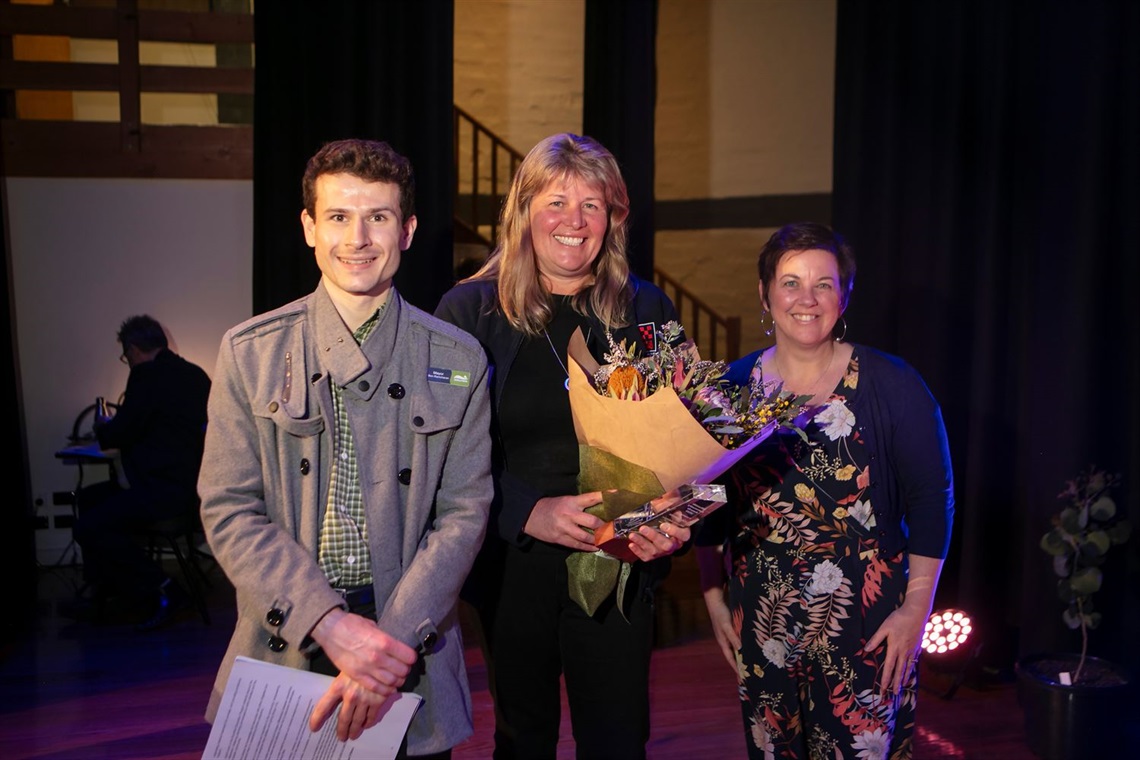The findings from the Canberra and Calvary hospitals are part of the Driving Change project, which asks all adults who present to the ED whether they drank alcohol before their attendance, where they bought the alcohol, and the location of the last drink.
Over a two month period between March and May this year, data collected from Canberra’s EDs shows that almost one in three and one in five patients presenting overnight on Fridays and Saturdays to Calvary and Canberra hospitals respectively had consumed alcohol in the 12 hours prior to requiring treatment (29.13% at Calvary Hospital and 20.82% of patients at Canberra Hospital).
Over the entire period about one in 35 patients at Calvary Hospital, and about one in 19 at Canberra Hospital had consumed alcohol prior to requiring treatment.
Alcohol intoxication, suicidal attempt and/or thoughts, abdominal pain, open wounds, fractures and mental health were among the issues for which these patients required treatment.
Across both hospitals, the majority of these patients had consumed packaged liquor purchased from outlets such as supermarkets and bottle shops, again highlighting the ongoing issue of ‘pre-loading’, where drinks can be bought ahead of time while a person is sober, and consumed to excess when no ‘safe service’ levels apply.
This number is also likely to be under-reported because of the number of people who were unable to recall the purchase location, or who were unconscious or refused to respond.
Overall, men had consumed more alcohol compared to women, with this trend consistent across age brackets.
Clinicians at Calvary hospital also asked about illicit drug use, which accounted for just over 1% of presentations, confirming that it is alcohol that causes disproportionate harm.
The mostly commonly reported venues in Canberra for last drinks before needing to go to an ED were:
Mooseheads
The Civic Pub
Mr. Wolf
The Hellenic Club
ACEM President Dr John Bonning said: “Study after study tells us about the harm of excessive alcohol consumption, but for ED staff, already under pressure due to high numbers of presentations, these are much more than just studies.”
“The harm caused by the abuse of alcohol represents not just threats to an individual patient’s health but to other patients in the ED as well as the broader public. For medical professionals, it means an increased risk of assaults and physical and verbal threats from intoxicated patients and those accompanying them, all while they’re simply trying to do their jobs in already stressful and strained environments.
“Having to put up with this every single weekend is incredibly confronting, stressful and draining. We are all fed up and it is clear that strong leadership from government is needed to better regulate the availability of alcohol. Venues and retailers also need to act responsibly and in the interests of community safety.
“Clearly there are cultural attitudes which need to shift, but regulation is also required to tackle the way alcohol is so readily available and heavily promoted.”
Dr Bonning acknowledged the recent release of the National Alcohol Strategy 2019-2028 to prevent and minimise alcohol harm and encouraged governments to embrace policy options proposed.
“We support the policy options proposed in the National Alcohol Strategy especially around the marketing, promotion and taxation of alcohol and urge governments at all levels to actively implement such policy options to reduce the impact of alcohol-associated presentations in Australian EDs,” Dr Bonning said.
Background
The Driving Change project is led by Professor Peter Miller at Deakin University, with funding from the National Health and Medical Research Council. In addition to the two EDs in Canberra, there are participating hospitals in Melbourne, Geelong, Sydney and Warrnambool. Central Queensland University, the University of New South Wales, Australian National University and Cardiff University (Wales) are also partners in the project.
ACEM is the peak body for emergency medicine in Australia and New Zealand, responsible for training emergency physicians and advancement of professional standards. www.acem.org.au






